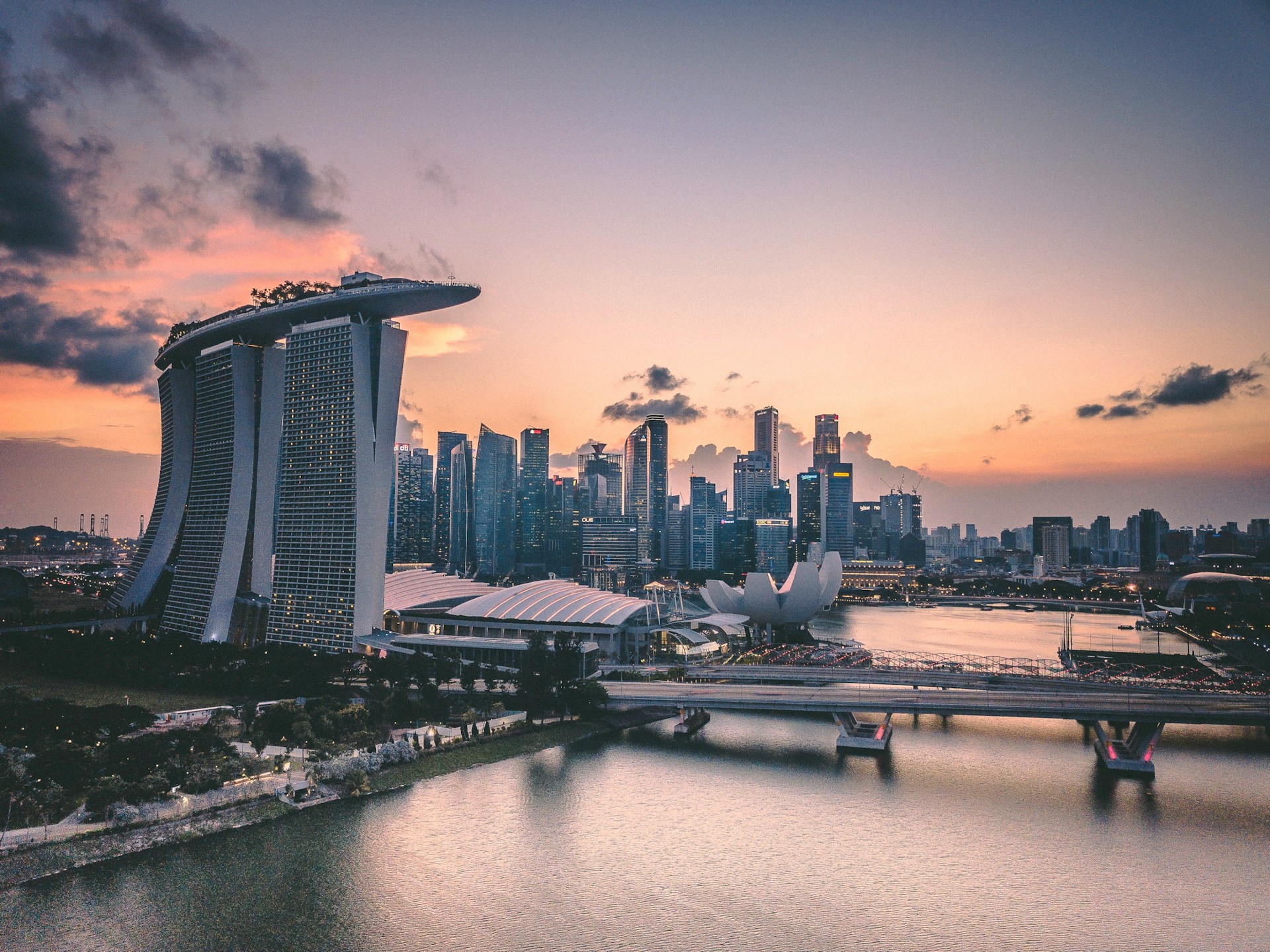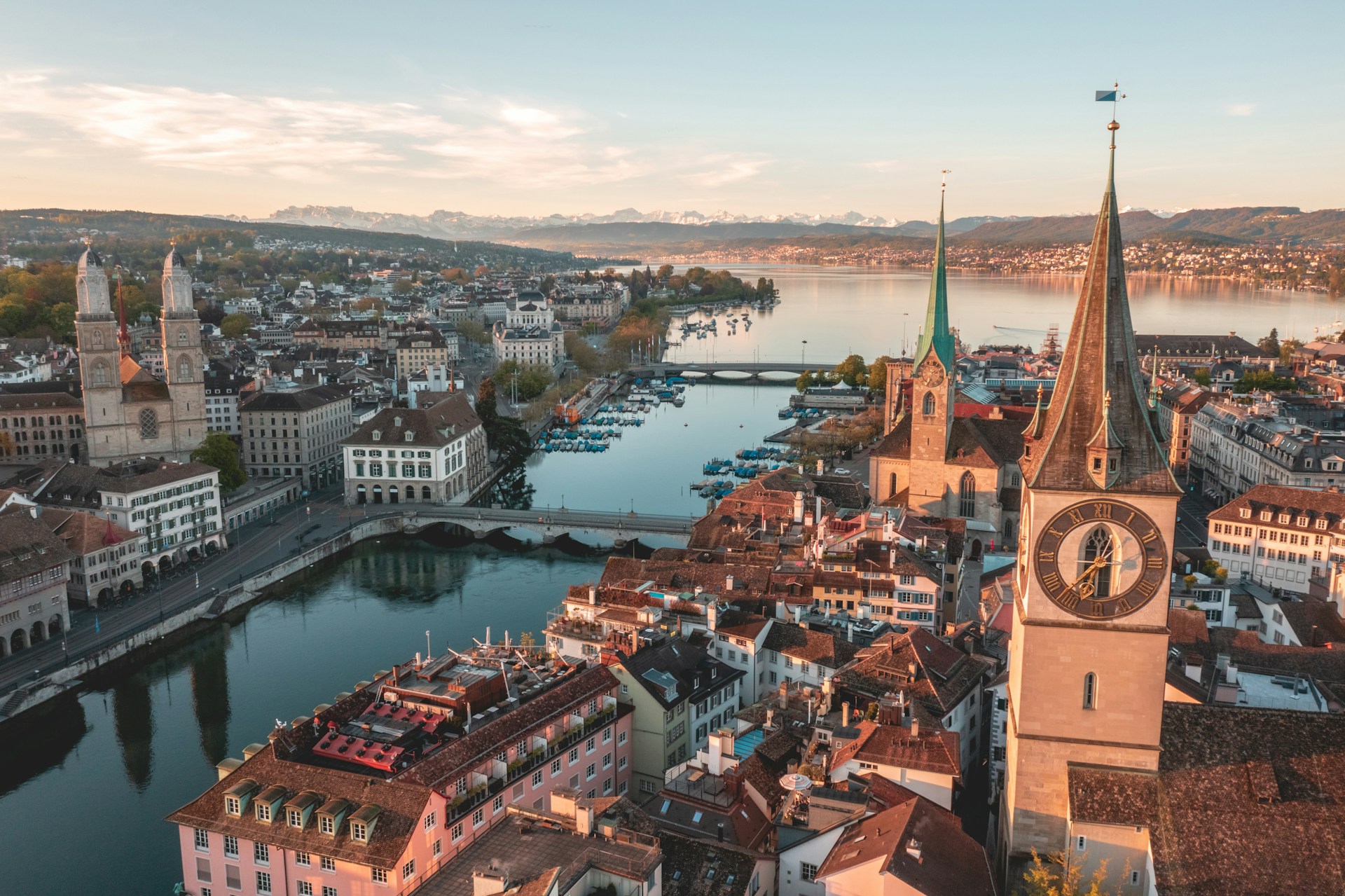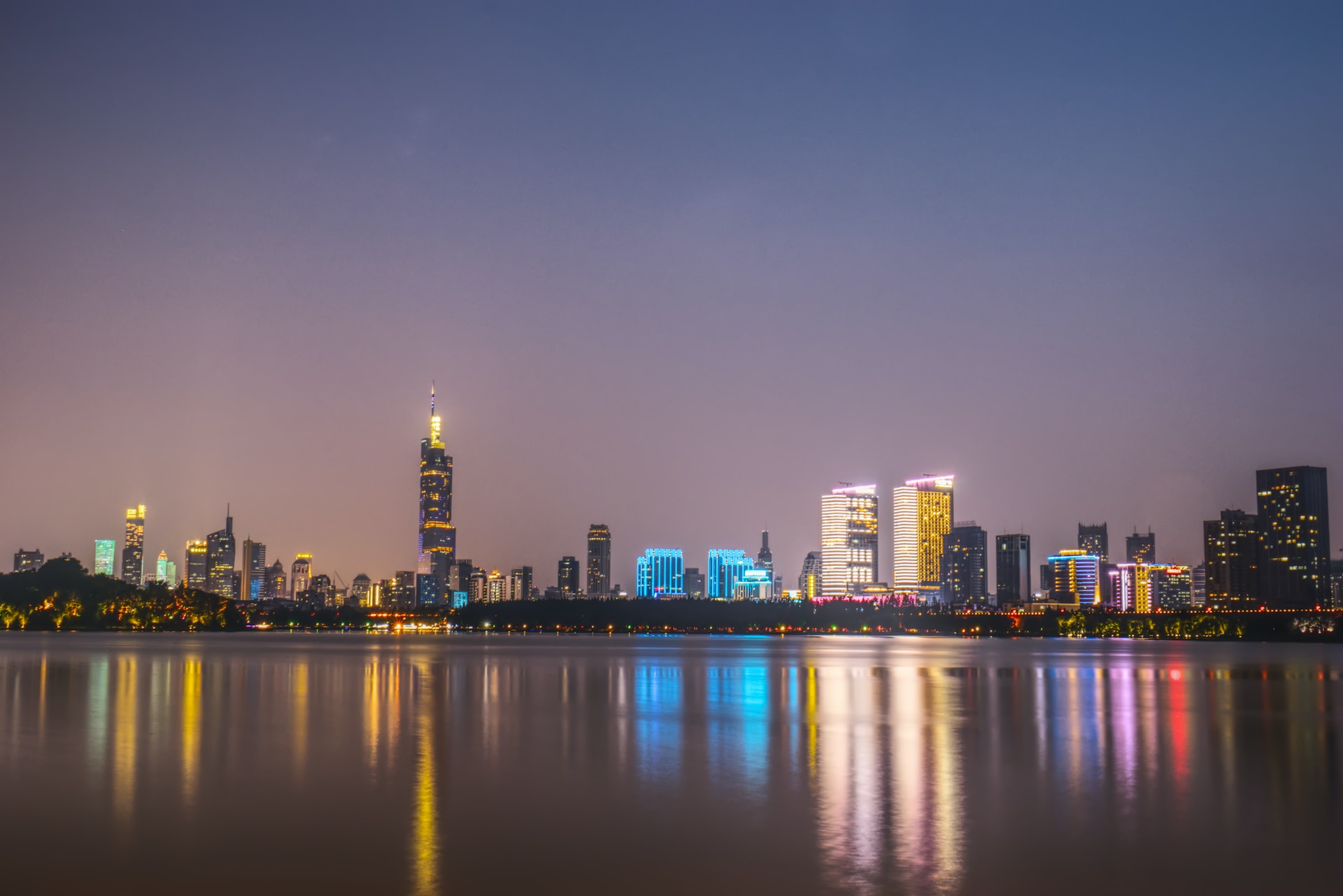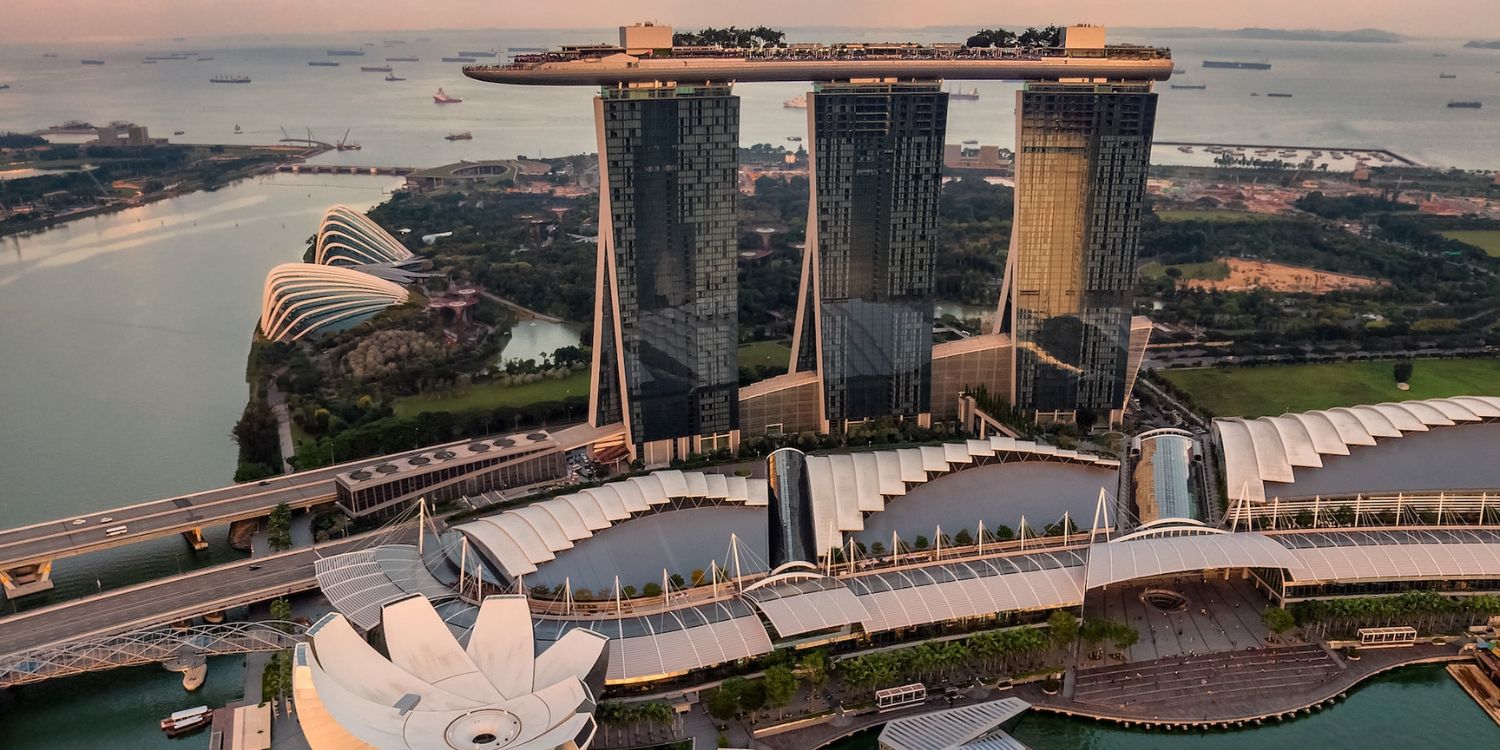Singapore Named World’s Most Expensive City Alongside Zurich In Switzerland
The cost of living across the world is notably high, and this has become especially evident in Singapore.
On 30 Nov, The Economist Intelligence Unit (EIU) named the city as the world’s most expensive alongside Zurich, Switzerland.
This is due to high price levels across several categories including transport, clothing and groceries.
Singapore named world’s most expensive city
On 30 Nov, EIU released data showing that Singapore has ranked as the most expensive city in the world for the ninth time in eleven years.

Source: Swapnil Bapat on Unsplash
They have tied with Zurich in Switzerland due to high price levels across multiple categories. For instance, Singapore has the world’s highest transport prices due to strict government controls on car numbers.
The Lion City also ranks among the most expensive cities for clothing, groceries and alcohol. EIU attributes this to Singapore’s success as a premier location for business investment.
Meanwhile, Zurich’s ranking reflects the current strength of the Swiss franc.

Source: Henrique Ferreira on Unsplash
Only one other Asian city — Hong Kong — made the top ten most expensive cities named by EIU.
Meanwhile, three Asian cities, Ahmedabad, Chennai and Karachi, are in the bottom ten cities in the index.
Asian cities saw low price increases
EIU further shared that on average, Asian cities experienced a low price increase of 3.2% in their local currency this year.
Due to low levels of inflation, 46 out of 58 cities in Asia fell in the index, with four Chinese and two Japanese cities having the biggest drop.

Source: 戸山 神奈 on Unsplash
EIU also noted that all 19 Chinese cities surveyed had declines due to slow post-pandemic economic recovery, a weaker currency and reduced consumer demand.
Tokyo and Osaka in Japan fell by 23 and 27 spots in the ranking respectively, owing to a low level of inflation and negative interest rates.
Inflation expected to decline
All in all, the data by EIU proved that even with the moderation of inflation, there hasn’t been an end to the global cost of living crisis.
On average, prices have risen by 7.4% year on year for over 200 commonly used goods and services. This is down from the 8.1% increase recorded last year. However, price growth remains higher than trends in 2017 to 2021.
EIU noted that they expect inflation to continue on a decline in 2024 with the lagged impact of interest rate rises affecting economic activity and consumer demand.
Some risks, though, still remain — such as the Israel-Hamas conflict which would cause energy prices to increase.
A greater than expected impact from El Niño, a climate weather pattern, could also result in a rise in food prices.
“Regional disparities may also widen, with developed countries coming close to meeting central bank targets of 2% CPI and many developing markets seeing prices soar,” EIU warned.
Also read: S’pore Ranked Most Expensive City For Wealthy Individuals, Up From 5th Place Last Year
S’pore Ranked Most Expensive City For Wealthy Individuals, Up From 5th Place Last Year
Have news you must share? Get in touch with us via email at news@mustsharenews.com.
Featured image adapted from Hu Chen on Unsplash.








